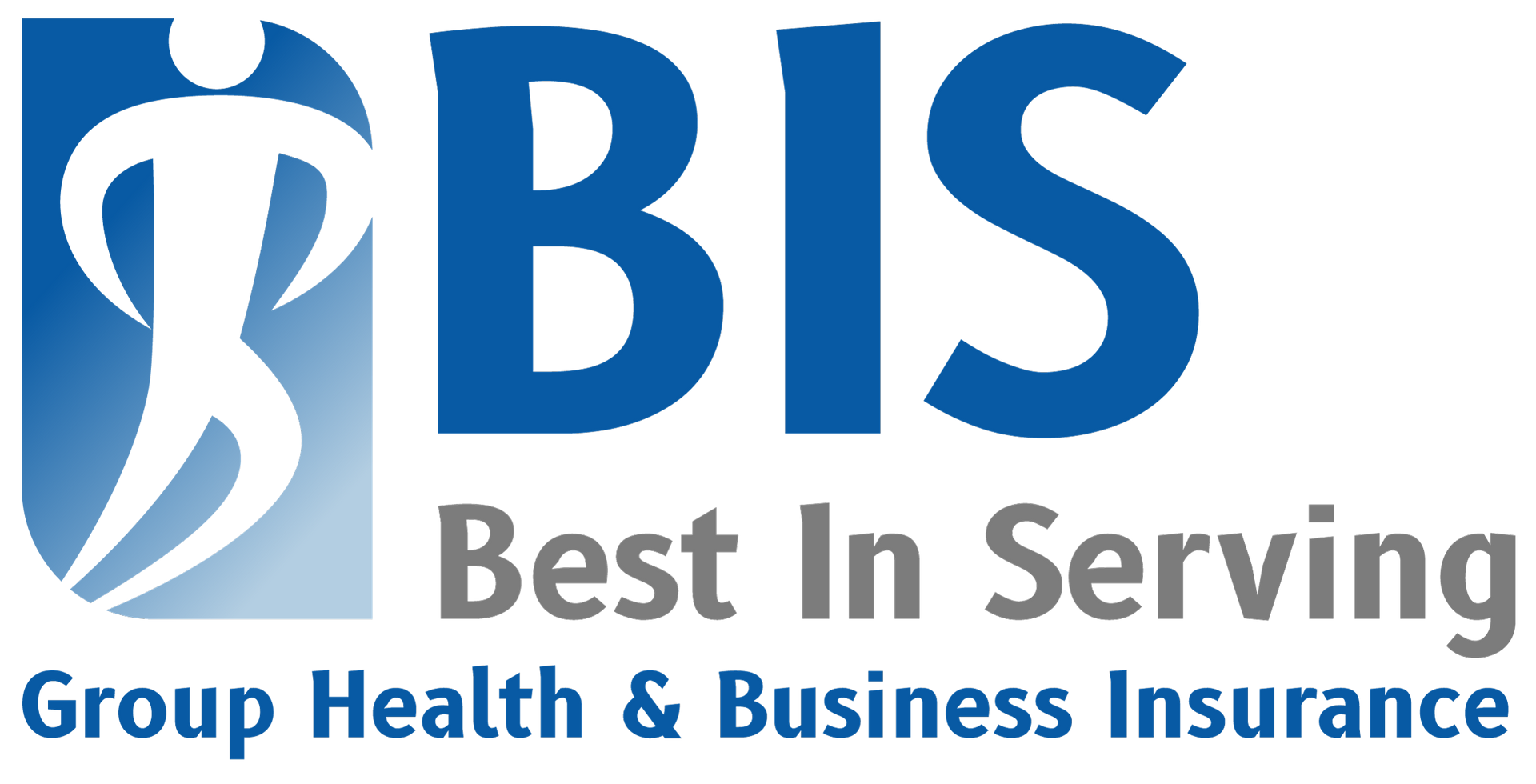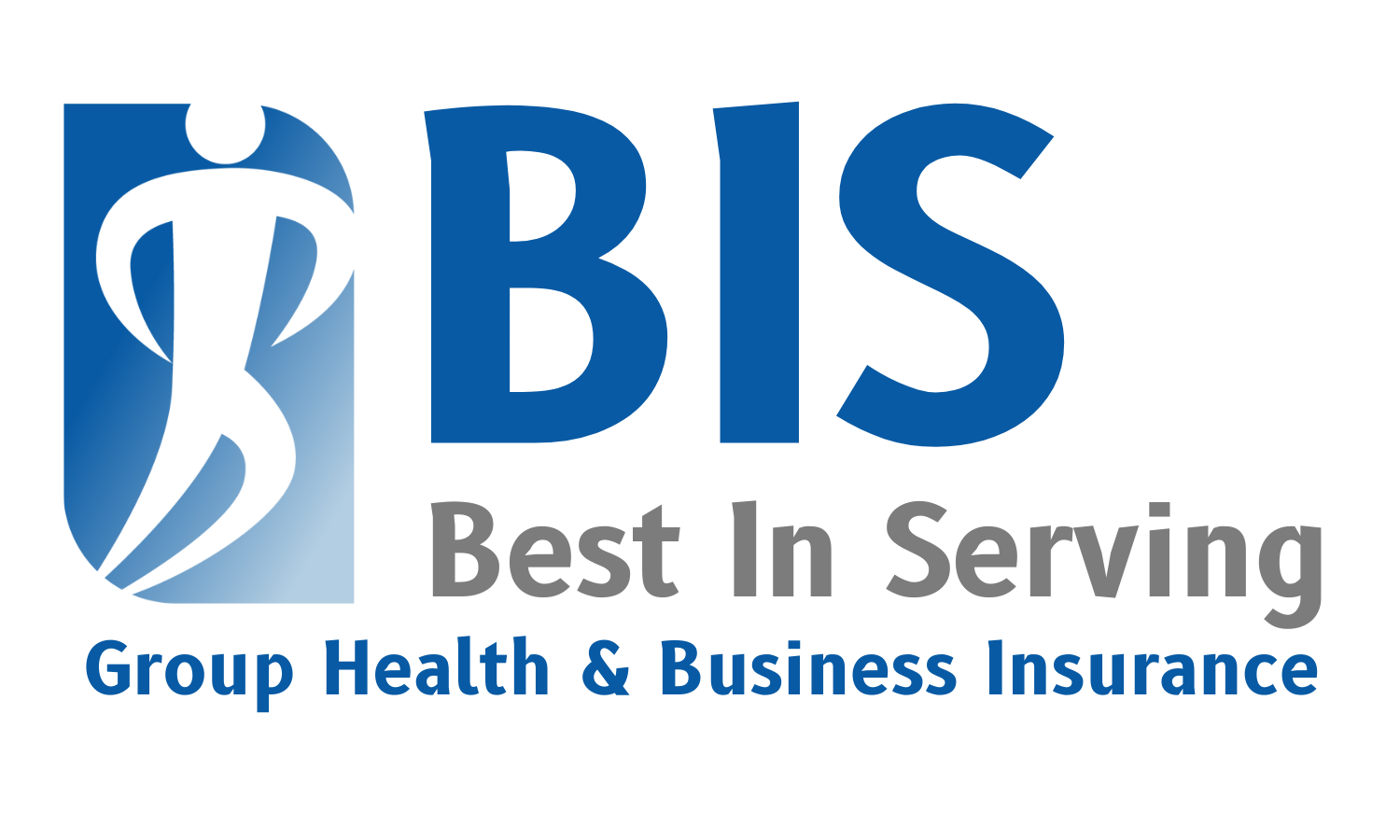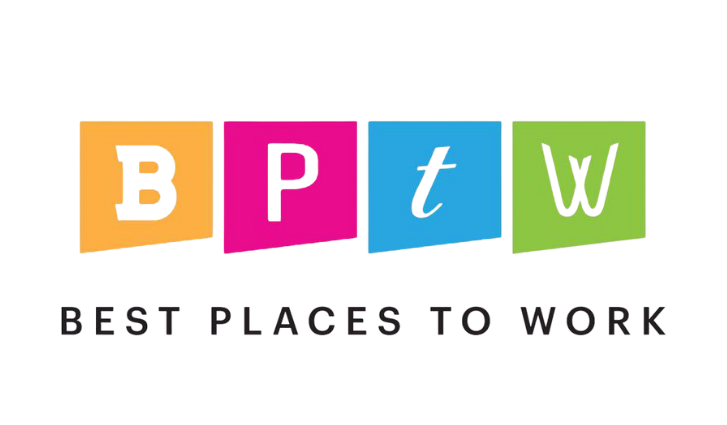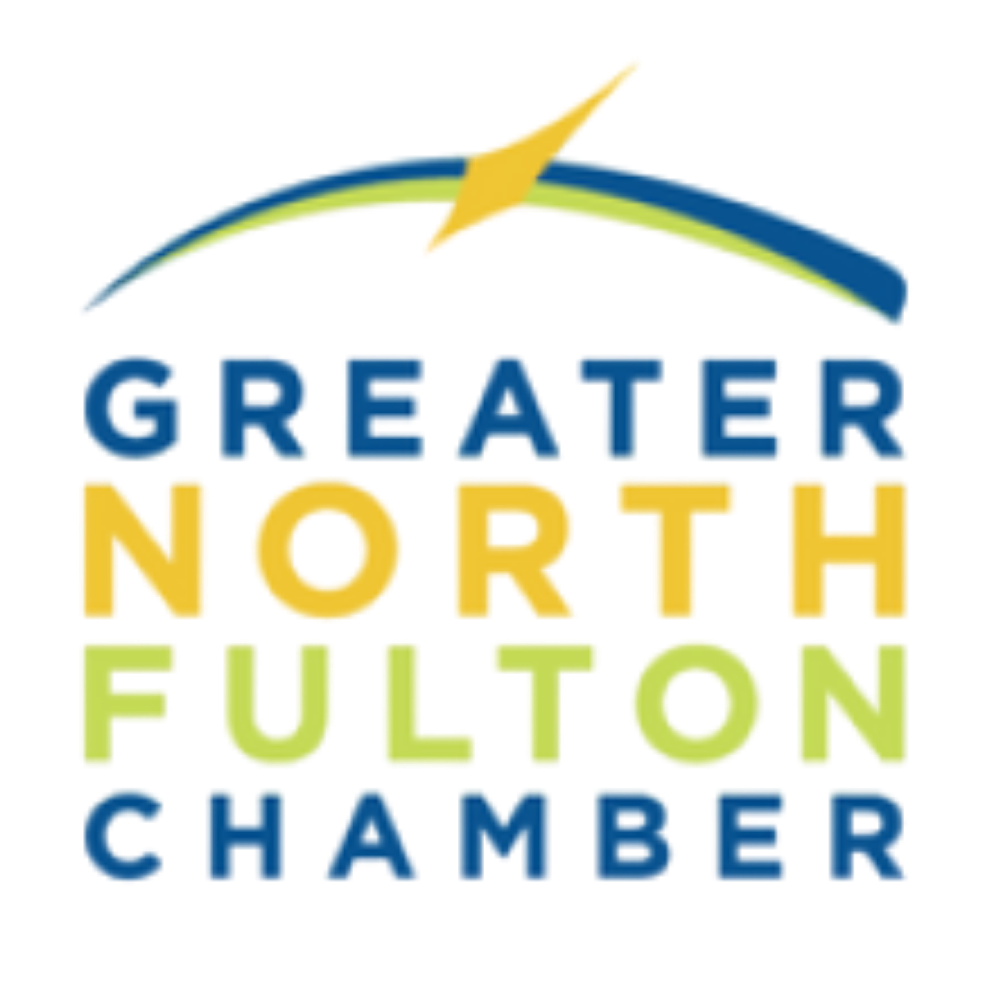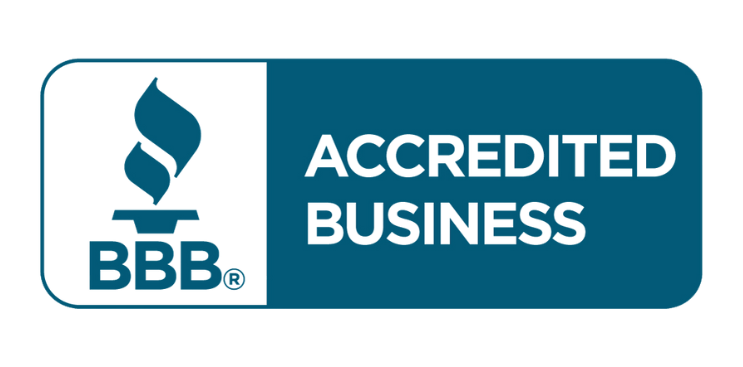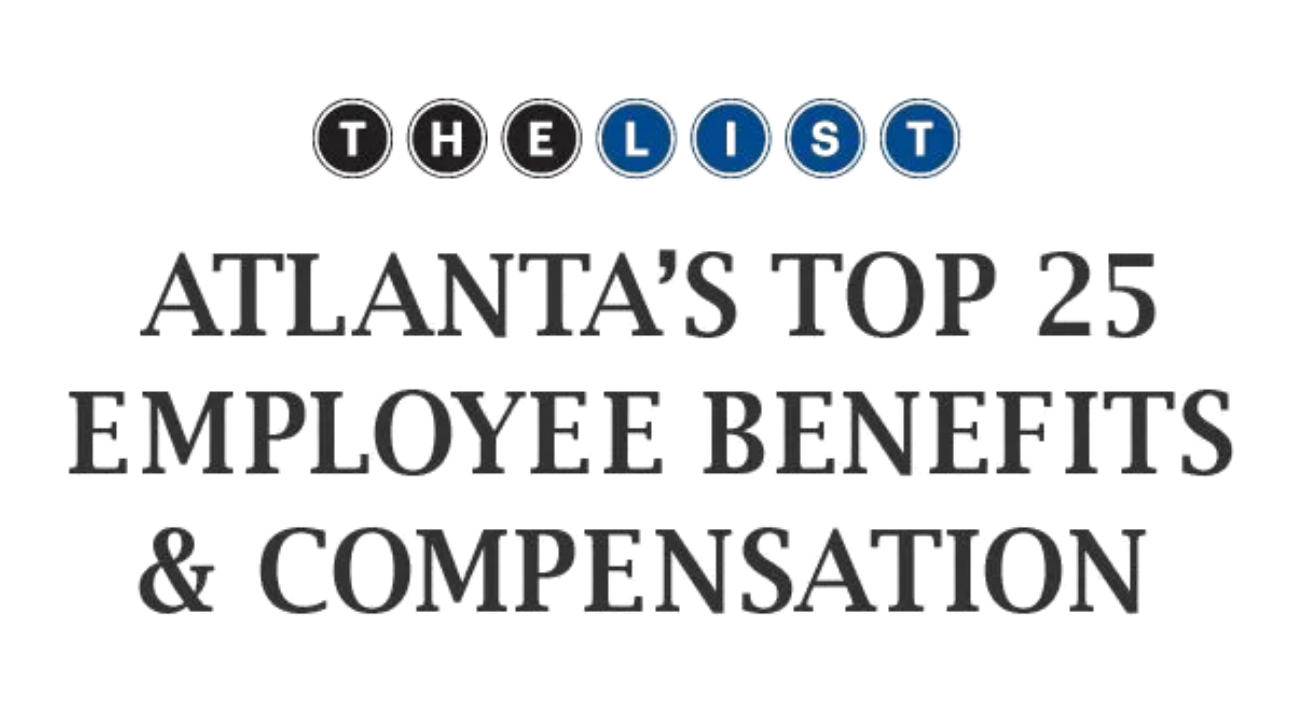Insurance Agent vs Broker: Understanding Your Options for Business Insurance
Insurance Agent vs Broker: Understanding Your Options for Business Insurance
The Short Answer: Insurance agents and brokers both help businesses find coverage, but the key difference lies in their expertise and specialization rather than their official titles. While agents may represent specific carriers and brokers work independently with multiple insurers, what matters most is finding a commercial insurance specialist who understands your industry and can provide proper business protection at competitive rates.
Navigating the business insurance landscape can feel overwhelming, especially for companies that are outgrowing basic coverage but haven't yet reached enterprise-level complexity. As your business evolves, so do your insurance needs, and it's crucial to understand your options for obtaining the right protection at the right price.
While the terms "insurance agents" and "brokers" are often used interchangeably in the industry, the real distinction lies not in their titles but in their expertise, specialization, and ability to advocate for your specific business needs. Making the right choice now can save you thousands of dollars and significant headaches down the road.
Understanding Insurance Brokers vs Agents
Agent vs Broker: Are They Really Different?
In the insurance industry, the terms "agent" and "broker" are both used to refer to insurance professionals who help their clients navigate insurance policies. For the most part, this distinction doesn't significantly impact your experience as a business owner. Both professionals have an insurance license and serve as intermediaries between you and insurance companies, helping you navigate policy options to find the right coverage that offers the right protection for your business.
Typically, agents represent specific insurance carriers while brokers are independent professionals who can work with multiple carriers. However, this distinction has blurred significantly in modern practice, with many professionals operating under hybrid models that allow them to access multiple insurance markets regardless of their official title.
What matters far more than their official title is their expertise, service quality, and specialization in commercial insurance. A knowledgeable professional who understands your industry and business needs will provide better service than someone with the "right" title but limited commercial experience.
Assessing Your Business’s Insurance Coverage Needs
Many small businesses discover their insurance needs extend beyond basic coverage when they begin working with larger corporations. These relationships often come with specific insurance requirements, including minimum coverage amounts and particular types of protection that may not be included in standard Business Owner’s Policies (BOPs). This is where the difference between working with an insurance agent versus a broker becomes crucial, since brokers typically have access to more carrier options and specialized coverage types needed to meet complex corporate requirements.
As your business scales, your insurance needs become more sophisticated. Higher revenues, more employees, larger contracts, and increased exposure to various risks all require more comprehensive protection than basic policies can provide. Insurance brokers often excel in these situations because they can shop multiple carriers to find specialized coverage combinations, while agents working for a single insurance company may need to refer you elsewhere if their carrier doesn't offer the specific protection you need.
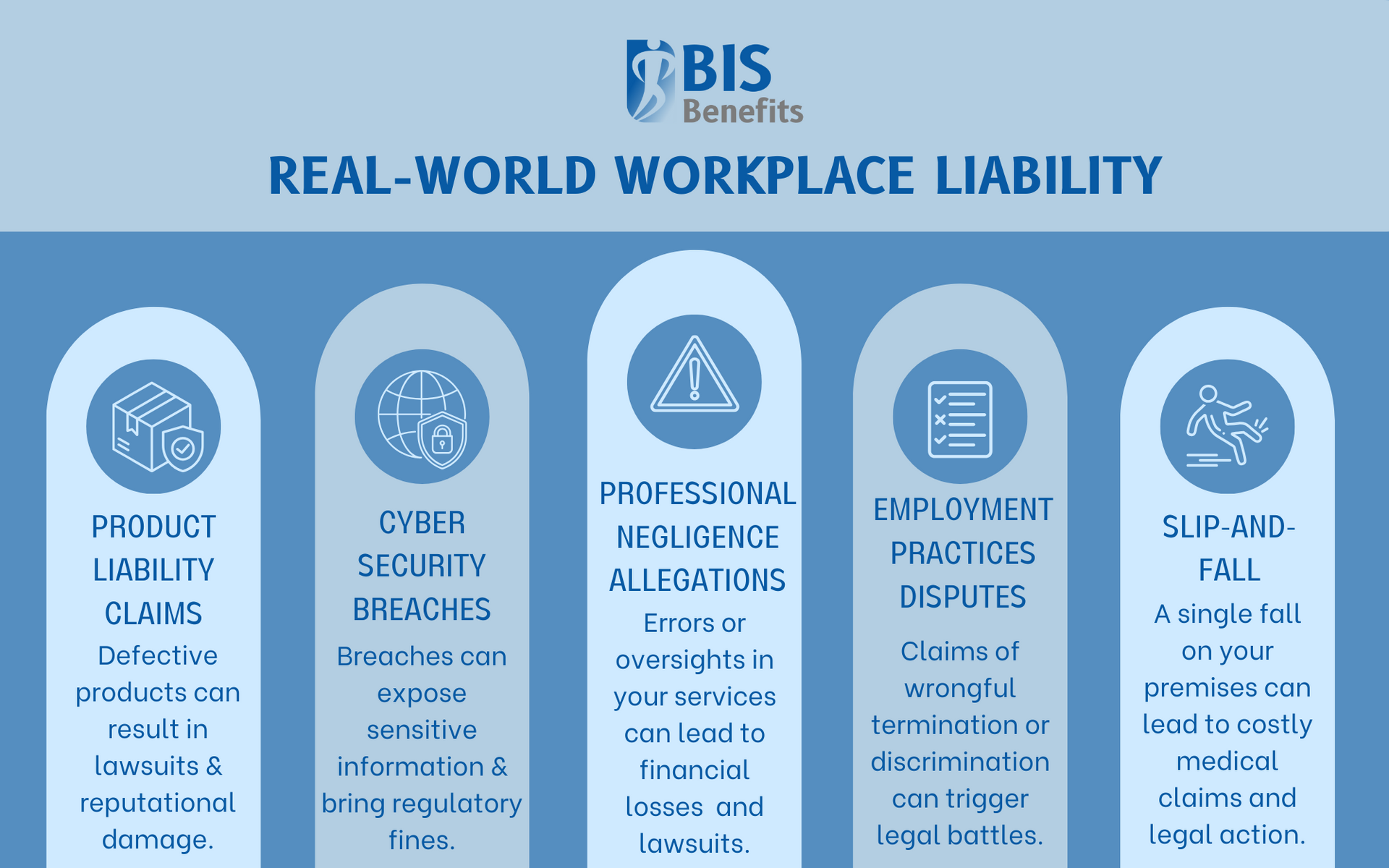
How Insurance Agents and Brokers Handle Litigation
America's litigious society makes comprehensive insurance protection not just advisable but essential for business survival. Even businesses with excellent safety records can face unexpected lawsuits from accidents, product defects, employment issues, or professional errors.
Real-world scenarios where coverage becomes critical include:
- Slip-and-Fall Accidents
- Product Liability Claims
- Employment Practices Disputes
- Cyber Security Breaches
- Professional Negligence Allegations
Annual insurance premiums that cost a few thousand dollars can protect against potential claims reaching hundreds of thousands or even millions of dollars in damages and legal fees. Both insurance brokers and agents can help you understand these cost-benefit calculations, though brokers may provide more options for finding the most cost-effective coverage combination since they can compare liability coverage options across multiple carriers.
Specialization Matters: Finding the Right Commercial Insurance Specialists
The Expertise Gap
Not all insurance professionals are created equal, and this distinction becomes crucial when protecting your business assets. Just as you wouldn't expect a patent law attorney to handle real estate transactions effectively, agents who primarily work with personal auto insurance, home insurance, and health insurance policies may lack the specialized knowledge needed for complex commercial coverage.
Working with generalists for business insurance comes with several risks, including inadequate coverage recommendations, misunderstanding of policy terms, poor claims advocacy, and lack of industry-specific knowledge that could leave your business vulnerable to uninsured risks. Additionally, commercial insurance policies contain complex language that can significantly impact coverage. Specialized knowledge helps ensure your interests are properly protected through appropriate policy terms and coverage limits.
Commercial Insurance Specialists
Identifying true commercial insurance experts requires asking the right questions and understanding what separates specialists from generalists. True commercial specialists spend the majority of their time working with business clients, understand industry-specific risks and requirements, and maintain relationships with carriers that specialize in commercial coverage.
Key questions to ask include:
- What percentage of your business is commercial versus personal insurance?
- How long have you been working specifically with commercial clients?
- Do you have experience with businesses in my industry?
- Can you provide references from similar clients?
Avoid professionals whose client base is 95% personal insurance with only occasional commercial clients, as they likely lack the depth of experience needed to properly protect your business interests.

Choosing the Right Insurance Professional
Key Questions to Ask
When evaluating insurance professionals, focus on their commercial experience and specialization. Ask how long they've been handling commercial insurance specifically, what percentage of their business involves commercial clients, and whether they have experience with your industry or business type.
Request references from similar clients and ask about their claims experience and ongoing service quality. Understanding their carrier relationships and market access can also indicate their ability to find competitive coverage options.
The Long-Term Relationship
Insurance relationships extend far beyond the initial policy placement, with the real value becoming apparent during claims situations that may occur years later. Experienced professionals provide better claims advocacy, helping ensure fair and prompt settlements when problems arise.
Poor placement decisions made to save money initially can cost significantly more during claims, making the expertise and advocacy skills of your insurance professional crucial for long-term protection.
Agents & Brokers of Record
An agent of record (AOR) or broker of record (BOR) represents the officially designated insurance professional authorized to act on behalf of a business for all insurance-related matters. This grants the agent or broker exclusive rights to quote, bind, modify, and service insurance policies for that specific client, while also establishing clear accountability for ongoing policy management. This relationship can be transferred between professionals without changing insurance carriers, which allows businesses to execute an AOR or BOR change when they're satisfied with their current carrier but want better service from their insurance professional.
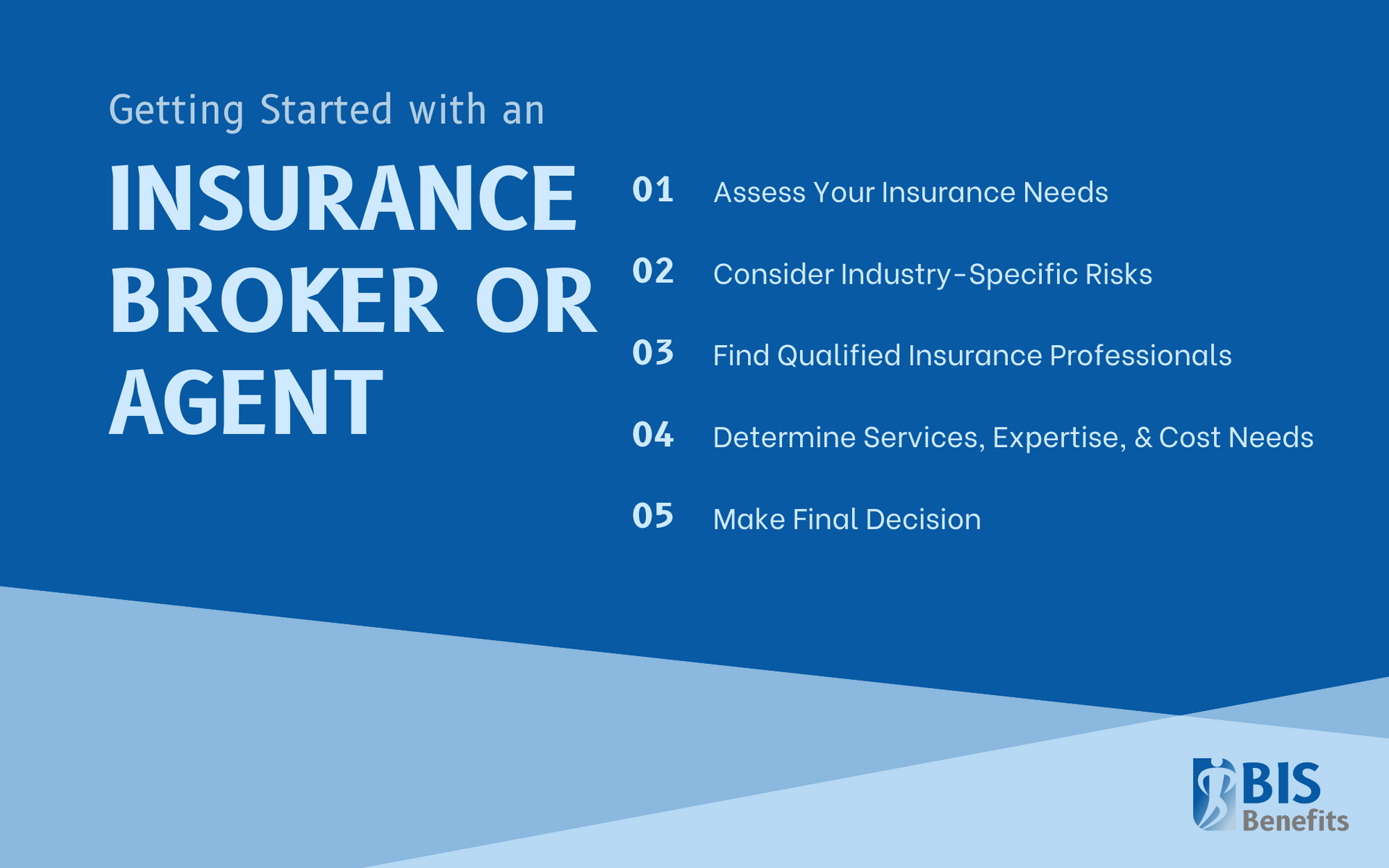
Getting Started with an Insurance Agent or Broker
Assessing Your Insurance Needs
Begin by evaluating whether basic BOP coverage meets your needs or if your business requires more specialized protection. Consider industry-specific risks, growth plans, and any requirements from clients or business partners that might dictate coverage needs.
Finding Qualified Professionals
Seek referrals from other business owners in your industry, your accountant, attorney, or banker. Professional associations and industry groups often maintain lists of recommended insurance specialists who understand specific industry needs.
During the vetting process, ask about their experience and approach to handling claims. Understanding their fee structure and compensation helps ensure transparency in your business relationship.
Making the Final Decision
Balance expertise, service quality, and cost when making your final choice. While price matters, the cheapest option may not provide the best long-term value if it comes with inexperienced service or inadequate coverage recommendations.
Focus on building a long-term professional relationship with someone who can grow with your business and provide ongoing advice and advocacy as your needs evolve.
Find the Right Fit with BIS Benefits
Choosing the right insurance professional represents one of the most important risk management decisions you'll make for your business. While the distinction between agents and brokers may be less important than their expertise and specialization, finding a commercial insurance specialist with relevant experience is crucial for proper business protection.
Remember: the goal isn't just to check the insurance box, but to build a comprehensive protection strategy that supports your business's success and growth for years to come. The investment in working with qualified brokers pays dividends not just in competitive pricing and appropriate coverage, but in superior claims advocacy and ongoing support as your business grows and evolves.
At
BIS Benefits, we're aware that different companies have different needs, and we take the time to understand your specific industry risks, employee demographics, budget, and projected growth. If you're located in the Metro Atlanta Area, including areas like Sandy Springs, Dunwoody, or Decatur, or Sandy Springs, BIS Benefits can help you tailor a strategy that helps you find the best coverage for your business.
Give us a call today to have a conversation with our brokers and find out what our
employee benefits and
business insurance services can offer your business.
